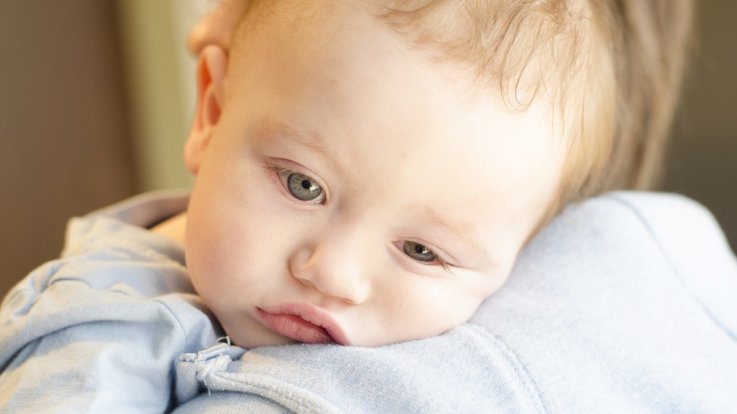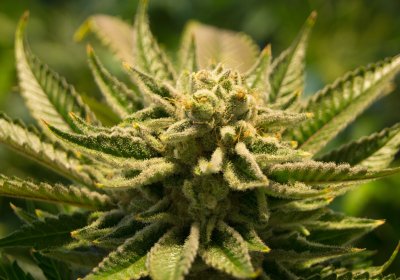Dehydration in children

Dehydration is a state where our body has too little water in it. As a result, it cannot work properly and, in extreme cases, it can no longer work at all. Dehydration is especially dangerous for the youngest children. Find out what symptoms accompany dehydration and what to do if you notice them in your little one!
What is dehydration?
Dehydration can be talked about when the water and electrolyte levels in the body are far too low. There are three levels of dehydration: light, moderate and heavy. In extreme cases, persistent dehydration can even lead to death.
Dehydration occurs when we provide our bodies with too little fluid or when we lose too much fluid at once. Water from the body is excreted completely naturally (e.g. in the form of urine or sweat), but then it is enough to supplement it on a regular basis. We need to reach for higher doses of fluids when we lose more fluids - e.g. during intensive training or during diarrhoea or vomiting.
How to check if a child is dehydrated?
Dehydration is very dangerous - especially for toddlers. Due to the lower body weight, more intensive metabolism than adults and lower fluid reserves, this condition can worsen from minute to minute, especially when the toddler is struggling with diarrhoea or vomiting.
Theoretically, the water content of an organism can be measured by weight - however, this is very difficult to verify. In practice, to check whether a child is dehydrated, it is necessary to check the most common symptoms of this phenomenon.
What does dehydration manifest in a toddler?
- Increased thirst, lack of appetite
- Less frequent urination, which is dark yellow in colour and has an intense aroma
- Shrivelled tummy
- No tears in crying, dry mouth and tongue
- Drowsiness and slowdown in response to stimuli
- Fallen fontanel
What to do in case of dehydration?
The above symptoms concern the slightest degree of dehydration - and they are already so serious. Don't let them get any deeper and learn how to deal with vomiting in a child!
When a toddler suffers from diarrhoea or vomiting, the most important thing is to prevent dehydration. For this purpose, give it every several minutes small portions of an oral irrigation drink, which also contains electrolytes.
However, if oral watering is ineffective (or your baby refuses to drink) and your baby's condition continues to deteriorate, do not hesitate and go to the nearest hospital.



Komentarze (0)
Zostaw komentarz ⇾